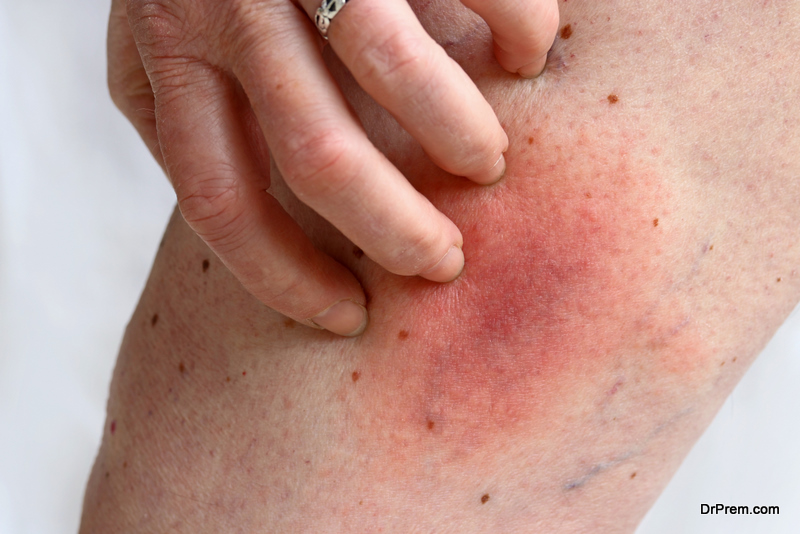Menopause: Diagnosis
Top Diagnosis
1. Physical examination
It is generally the initial phase in diagnosing the early menopause. In the physical examination, the doctor will enquire about symptoms, personal and medical history. It is known that the symptoms in those who are under the age of 40 are an early menopause. A complete physical exam includes a pelvic exam. In certain cases the doctor may recommend for a pregnancy test.
2. Blood test
A blood test is generally done to determine the amount of follicle-stimulating hormone as it indicates the presence of the symptoms pertaining to menopause. Sometimes, a single FSH test is not enough for diagnosis of menopause. Further, doctors may advise not to take birth control pills after being tested as the hormones present in those pills could affect test results.
3. Endometrial biopsy
It is the test that is known to detect the functioning of the uterine lining. Normally, progesterone and estrogen are known to form a thick lining around uterus to house a fertilized egg. In case there is no fertilization, this lining comes off as menstrual bleeding. This biopsy can therefore detect if this uterine lining takes place and thereby give an indication of the starting of the menopause.
4. Pap smear
It is a test used to look for changes in the cells of the cervix. It shows the cervical cancer or conditions that may develop into cancer in future. Every sexually active woman after the age of 21, should get an annual pap smear. It is the best tool to detect pre-cancerous conditions and a screen for HPV. Its timely detection is important. After the menopause it gets more important to get this test done due to an increased risk.
5. Bone tests
Menopause may lower the density of the bones that may even lead to osteoporosis. The bone tests detect and calculate bone density levels. This basically involves taking an x-ray of hipbones. A screening of the bones through ultrasound machines can detect bone density.
6. Transvaginal ultrasound test
This test detects the abnormalities in the uterus. It is also a great help to diagnose any kind of extra growth around uterus that could be responsible for excessive and abnormal bleeding during menstrual periods. Now, the menopause may induce such irregular periods with excessive bleeding. This test helps to determine if the bleeding is due to menopause or other problems associated with the uterus.
7. Urine test
There is a specific urine test that determines the hormonal levels in urine. High hormone levels may indicate the stage of menopause. The SH self-tests are the one that can be conducted both as urine and saliva tests. The urine tests consist of a stick that is to be placed in the urine stream and allow to process until it produces a result. Urine FSH tests are generally very accurate.


